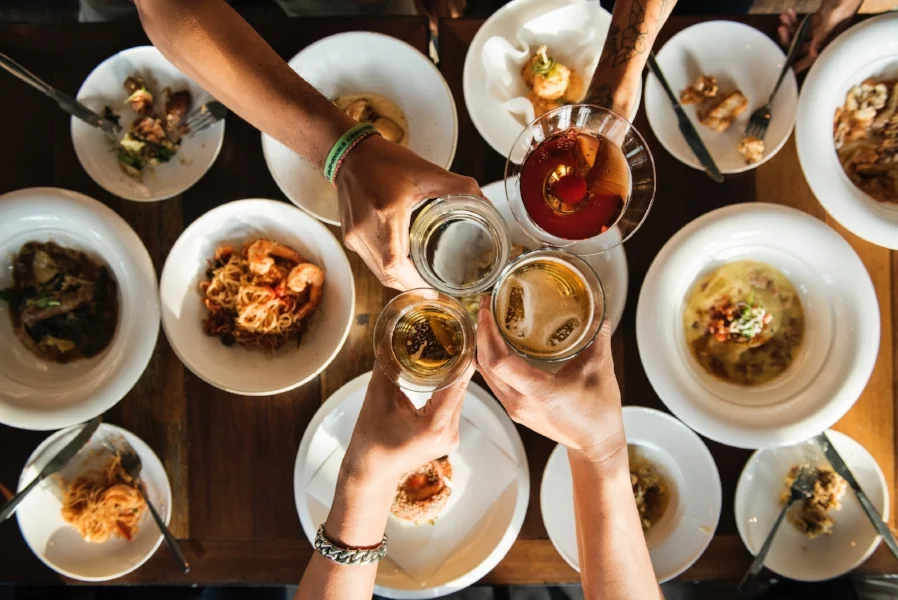8 Thanksgiving Day Tips for Parents of Children with Autism
The holiday season is often the most traveled time of year. Many people will travel to visit family or have family come to visit. Whether you have a large family gathering or you’re staying home, this article will provide you with some tips and tricks for being around family, and the best ways to go about providing food and activities for Thanksgiving.
8 Thanksgiving Day Tips for Parents of Children with Autism:
Prepare your child a few weeks ahead.
Children often do best when they are prepared ahead of time, and know what to expect. Explain to them what you will be doing and what is expected of them. If your child benefits from social stories, you can use one for what to expect on Thanksgiving Day. Another idea is to make sure you bring items that your child likes, such as their favorite toys, or a favorite stuffed animal. This will help prepare your child and keep some normalcy in their schedules.
Plan ahead and make a schedule.
Planning ahead and coming up with a schedule can help make a trip go smoothly and prepare you for success. The same goes for planning for food prep on Thanksgiving Day, and any types of family activities that you might have going on. Setting up a visual schedule is also a great idea for kids to see what is going on each day.
Keeping the noise level appropriate.
Speak ahead of time with your family about keeping the noise level at an appropriate level during your stay with family. This often is a time of year where family comes together and converses, listens to music, plays games and much more. If this is not possible due to what your family has in mind, an option you have is to have your child wear noise-reducing headphones when he or she is feeling overstimulated. Another option is talking with your host to set aside an area or room as a quiet space for your child.
Plan a family-friendly meal.
Thanksgiving is a holiday where there are often plates and tables full of different types of food items. Kids can often be picky eaters and might fight trying food items during Thanksgiving. If you know your child will not want to eat turkey or stuffing, come prepared with food items he or she will eat. This time of year is not the time to try to push your child to try new things or to eat food items they don’t normally eat. This can cause stress and difficulty. Bringing items they will eat will help alleviate some of the stress that revolves around eating during Thanksgiving. If little kids will be around, make sure when preparing food that you keep hot plates and containers away from the edges of counters and tables. If your child might overindulge on items left unattended at the table, consider having a monitoring system in place. Keep only a few food items at the table and the rest in the kitchen out of reach, if possible.
Know how you will handle a difficult moment.
Visiting family or having family visit your home can often create a stressful environment for children. Again, having an area where your child can get away from everything that is going on will help during such situations.
Plan for a graceful getaway if needed.
Most children with autism can quickly become overwhelmed by lots of lights, smells, noise, and social demands. With this in mind, it makes sense to set the stage for a possible getaway when your child shows signs of stress. If you are visiting with family, you should let them know that you might have to leave early.
Have a support system.
During a big event, such as a holiday get together, it's always a good idea to have another pair of adult hands that can take over.
Remember to reward your child for good behavior.
Holidays are often busy times where we get caught up in all the activities and hullabaloo of preparing for Thanksgiving. Remember to take the time to reward your child for playing, socializing or eating in an appropriate manner. Keeping to a schedule of rewarding their behavior and providing positive feedback may help prevent a meltdown or disruptive behavior from occurring.
And last but not least, have a fantastic Thanksgiving, and if you are traveling, safe travels!
References:
Reagon, Kara. (November, 2017). Autism and the holidays: How to cope with the feasting and hubbub. Retrieved from https://www.autismspeaks.org

